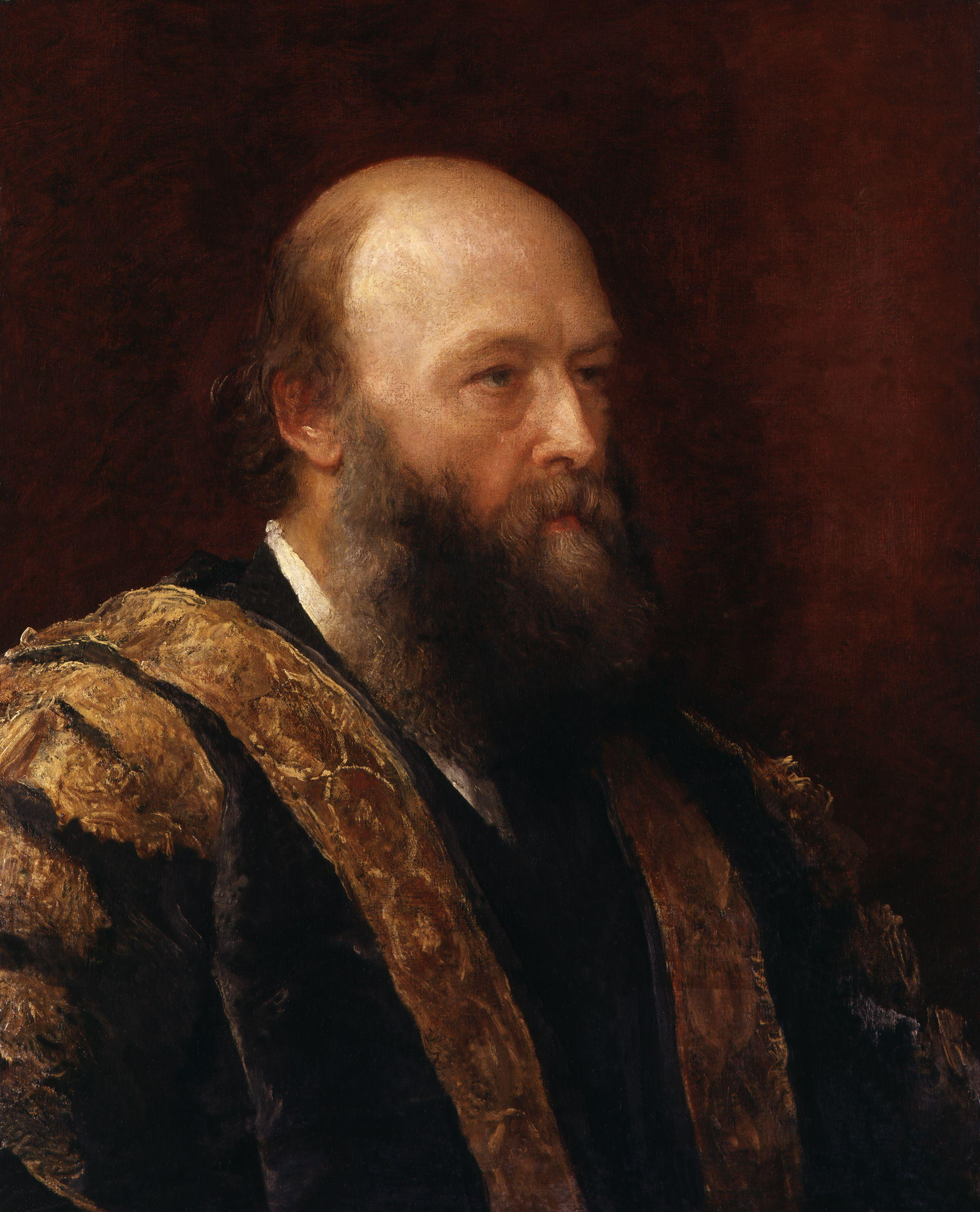“The North is fighting for no sentimental cause—for no victory of a 'higher civilization.'”
It is fighting for a very ancient and vulgar object of war—for that which Russia has secured in Poland—that which Austria clings to in Venetia—that which Napoleon sought in Spain. It is a struggle for empire, conducted with a recklessness of human life which may have been paralleled in practice, but has never been avowed with equal cynicism. If any shame is left in the Americans, the first revision they will make in their constitution will be to repudiate formally the now exploded doctrine laid down in the Declaration of Independence, that 'Governments derive their just powers from the consent of the governed'.
Fonte: 'The United States as an Example', Quarterly Review, 117, 1865, pp. 252-253
